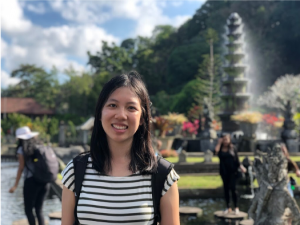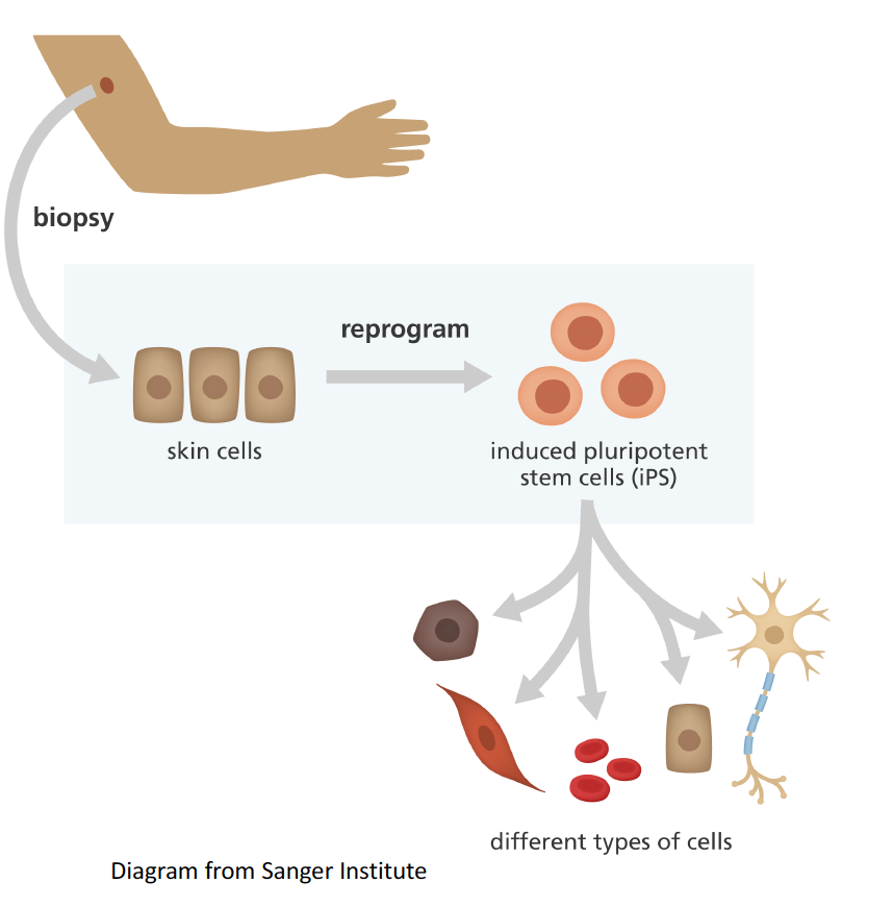Name: Amanda Mar
Hometown: Vancouver, Washington
Lab: Laboratory of Genetics under the direction of Rusty Gage
Lab website: https://gage.salk.edu/
Hobbies: Arts & Crafts, Cooking, Hiking, Photography
What do you study? I study autism spectrum disorder (ASD) and its relation to macrocephaly to look at how the brain develops among individuals with autism. To look at this, we grow organoids “mini brains” from ASD patients to see how they develop similarly and differently from individuals without ASD.
Why is it important? 1 in every 59 children are identified with autism in the United States, that is more than 3.5 million people. However, there are many different forms of autism, the cause and cure is unknown. It is important to study it so we can diagnose and provide treatment as early as possible to improve a child’s outcome.
What piqued your interest in science? In high school, I had the same teacher for my biology and chemistry classes. She made science really interesting by doing a lot of interactive activities and how these topics apply in real life, such as chemistry’s relationship with food through molecular gastronomy and how understanding biological concepts can help with treatments in disease. With these experiences, it made me pursue a degree in the field of biology.
What do you like about being a scientist? What I like about being a scientist is that there is trial and error, you learn what you don’t know and continue to find a potential answer to a question. It is a lot like solving a puzzle. Being a scientist requires creativity and loving what you do to discover something new.
What are 5 general vocabulary terms someone should know going into your field of science?
Autism, macrocephaly, neurodevelopmental disorder, neurons, stem cells
What are 5 specific vocabulary terms someone should know about your research?
Induced pluripotent stem cell, embryoid bodies, organoids, green fluorescent protein, cell/tissue culture
Here’s a sneak peek!


